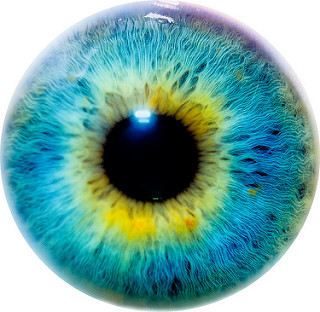The Action of Drugs on the Intra-ocular Musculature

Drugs are so frequently emplyed in ophthalmic practice for the purpose of dilating or constricting the pupils or paralysing the accommodation, that it is important to know exactly how they act. pupil-dilating drugs are called mydriatics; pupil- constricting, miotics ; drugs which paralyse the ciliary muscle, cycloplegics. Alldrugs which dilate the pupil also paralyse the accommodation in greater or less degree; similary, all miotice stimulate the ciliary muscle to contract, so that the eye assumes a condition of partial or complete accommodation.
All these drugs , when instilled into the conjunctive sac, are rapidly absrbed through the cornea and become effective in the inner eye. constriction of the pupil by the third nerve is due to the lieberation of acetylcholibe which,almost as soon as it has been formed and has accomplished its immediato purpose,is destroyed by an enzyme , cholinesterase. One type of drug, of which atropine is the prototype, abolishes the action of acetylcholine and thus causes mydriasis by making it impossible for the sphineter to contract (parasympatholytic drugs). A second type of drug acts as a parasympathetio stimulant and thus causes miosis , this can be done in two ways. 1.The drug may act as a direct stimulant on the myoneural junction , supplementing the normal effect of acetylcholine (the acetylcholine-like drugs, of which pilocarpine is the prototype). 2. The drug may act as an indireet stimulant by abolishing the effect of cholinesterase so that the acetylcholine formed on the activty of the third nerve continues its effect and a sustained miosis results (anticholinesterase drugs, of which eserine is the prototype. )
A further class of drugs acts on the sympathetic which, it will be remembered, exerts its activiti eat the myoneural junctions owing to the liberation of noradrenalin; when it has performed its function, noradrenalin (like acetylcholine) is destroyed by oxidative nezymes. As with the parasympathetic mechanism, drugs are available whichstinulate the sympathetic apparatus either by stimulating the myoneural function driectly or by suppressing the action of oxidases, the prototype of such sympathomimetic drugs is adrenalin which produces a mydriasis. The opposite effect of inducing a miosis by a paralysis of the sympathetic (sympatholytic drugs) is less commonly used in ophthalmology.
Finally, a miosis may de induced by direct stimulation of the muscle cells by a drug such as histamine.
interesting